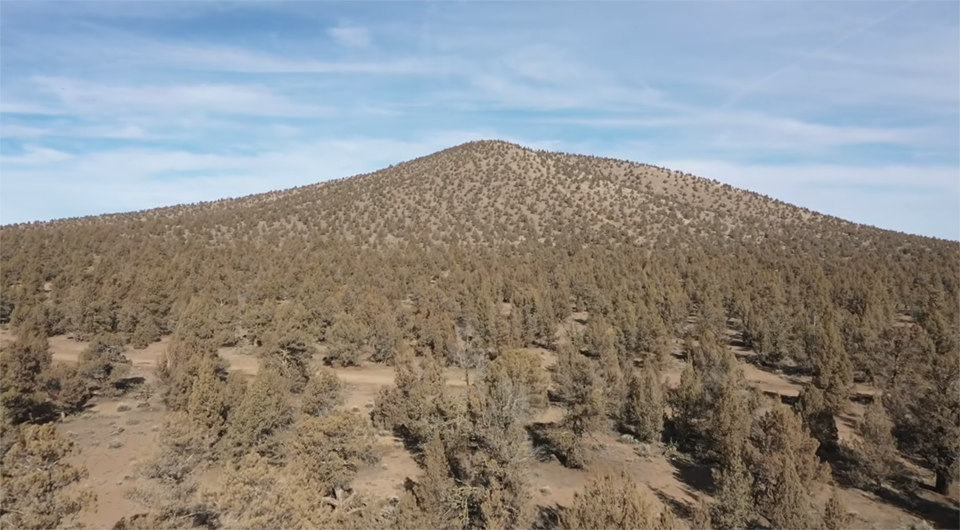Oregon Court of Appeals Upholds Warm Springs Tribe’s Appeal Against Deschutes County Master Plan for Thornburgh Resort

DESCHUTES COUNTY, Ore. — The Oregon Court of Appeals has overturned the approval of a revised master plan by Deschutes County for the Thornburgh Resort back to the state Land Use Board of Appeals (LUBA).
The Appeals Court found that it was wrong of LUBA to dismiss issues raised by the Warm Springs Tribes regarding treaty rights for a ‘no net loss of fish habitat’ in the area, west of Redmond, which falls within the Warm Springs Tribe’s ancestral homelands.
LUBA ‘Erred” in its Decision
Handing down its findings last Wednesday, the Appeals Court stated that LUBA had ‘erred’ in its conclusion regarding the relationship between the Warm Springs Tribe’s treaty rights and the ‘no net loss’ standard. Instead, the court found that the Tribe had adequately presented its case to LUBA that there can be “no net loss” or degradation to the treaty-protected fishery resource.
In a statement by the secretary treasurer/CEO of the Confederated Tribes of Warm Springs, Robert A. Brunoe says his clients are happy that the Appeals Court understands the importance of treaty rights, and the sovereign interests of the Deschutes Basin’s fish resources within the Warm Springs Tribe’s homelands. Brunio says the Tribe has lived and fished the Deschutes River and tributaries ‘since time immemorial.’
The Warm Springs Reservation of Oregon is a sovereign Indian tribe occupying a reservation for the Tribe’s exclusive benefit according to an 1855 treaty with the U.S. The reservation stretches from the cliffs of the Deschutes River in Central Oregon to the summit of the Cascade Mountains.
Thornburgh Resort Entangled in Challenges for Decades
The developers of the Thornburgh Resort on 2,000 acres at Cline Buttes have been involved in appeals and challenges for almost two decades.
But, on Wednesday, the Court of Appeals rejected nine of the 10 challenges by the Warm Springs Tribe to the Thornburgh Resort’s petition to use less water and build less golf.
Thornburgh developer, Kameron Delashmutt, says they were grateful that nine of the 10 challenges had been dismissed by the Court of Appeals. He said this decision paved the way for Thornburgh to reduce its water consumption by one-third. Delashmutt says Thornburgh will scale back various aspects of the development to preserve the health of the rivers, aquifers, and landscape of the region.
He says Thornburgh made a $400,000 donation to the Crooked River Watershed Council (CRWC) towards long-term sustainability. Delashmutt says the resort will continue this commitment with continued funding throughout the lifetime of the CRWC plan so that “future generations of Oregonians and visitors can enjoy the natural beauty of Central Oregon.”
Previously approved amenities at the resort, including a golf course, parks, and several lakes, have been cut out of the project to save water resources. In terms of Oregon law, resort developers are required to offset every gallon of water used.
